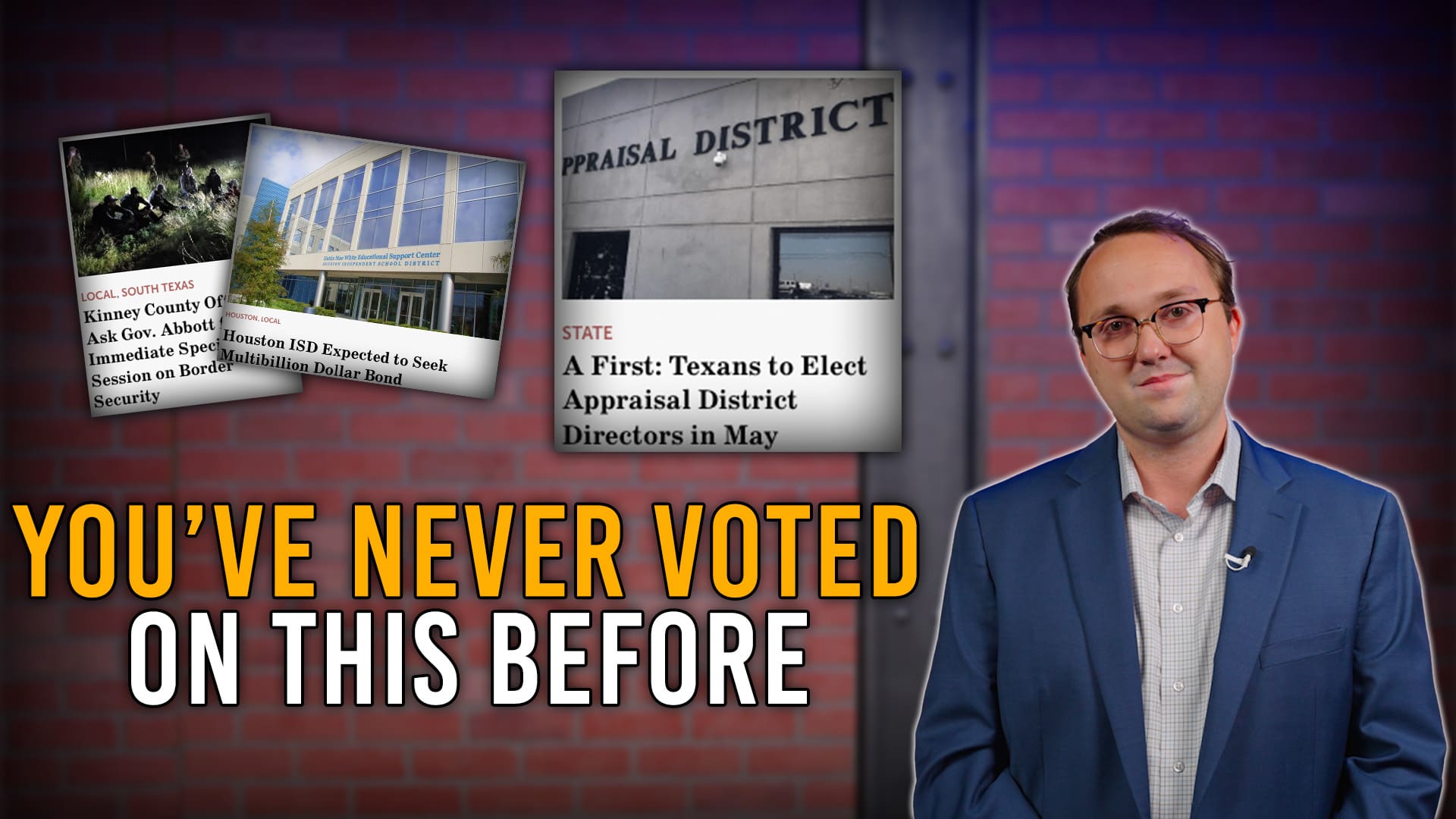An audit released last Thursday by the Office of State Auditor John Keel details some major accountability problems with the Major Events Trust Fund (METF) from its creation in 2003 to this year. Though not exactly shocking, the audit identified key weaknesses with the process by which funds are disbursed and subsequently analyzed that present serious questions about both the administration of the METF and the program’s overall merit.
The Major Events Trust Fund (METF) is an incentive program which provides funds taken from incremental tax receipts to the organizers of major events in order to attract them to host in the state. Notable examples include Super Bowl XLV in Arlington — which received $26 million out of the fund, or the Circuit of the Americas Racetrack, which was the beneficiary of a cool $29 million in taxpayer handouts.
Most glaringly, the audit revealed inaccuracies in calculating disbursements which —spoiler alert— caused them to err on the generous side. According to their model demonstration of the process using an actual sporting event, “auditors determined that 22 percent of the total funding that would have been approved for that major event was caused by the inclusion of tax types that were not permissible.”
In addition, the audit noted it was impossible to even determine the economic impact of the events in question and as a result, the return on investment, stating that it is, “difficult to isolate the economic effect of a major event.”
In spite of the METF’s most passionate defenders, the audit details additional issues with accountability which reveal the METF for what it has always been: a corporate welfare slush-fund blindly allocated to big businesses under the guise of economic development. Many will recall an unconstitutional bill during this past session that would have made retroactive reimbursements to NASCAR out of the fund, prompting a heated debate between State Rep. David Simpson (R-Longview), who called it on point of order, and State Rep. Jason Isaac (R-Dripping Springs), who defended the bill. Isaac made himself somewhat of an unconstitutional stalwart in his defense of slush-funds throughout the session, even going so far as to punitively offer an amendment against State Rep. Matt Rinaldi (R-Irving) for attempting to end the film subsidies program which would have, in effect, isolated the City of Irving from the program.
Without real oversight, incentive programs such as the METF are merely solutions in search of problems, coming directly from the school of thought that believes government somehow creates wealth — reckless thinking that is contrary to the findings of the audit, the RPT platform, and reality.




